Movies
Latest about Movies
-
-
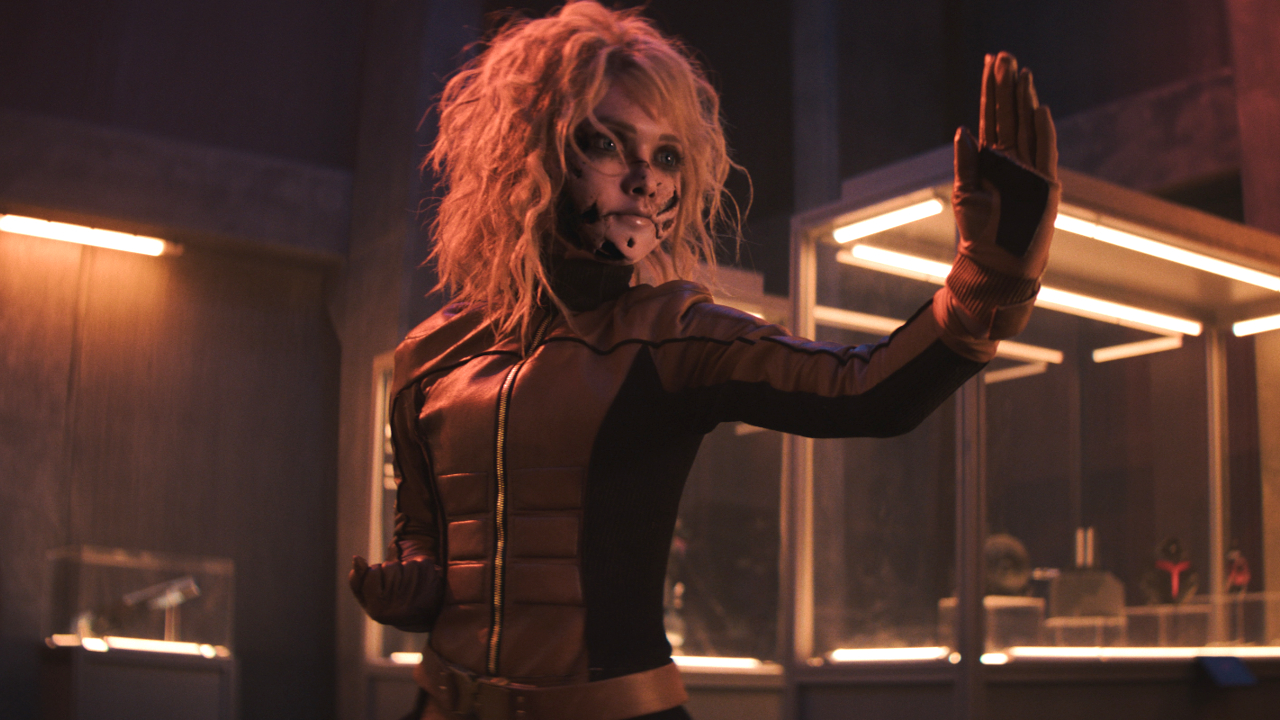
I'm Surprised Everyone’s So Meh On M3GAN 2.0, Because I Kinda Loved It. Here's Why
By Alexandra Ramos Published
-
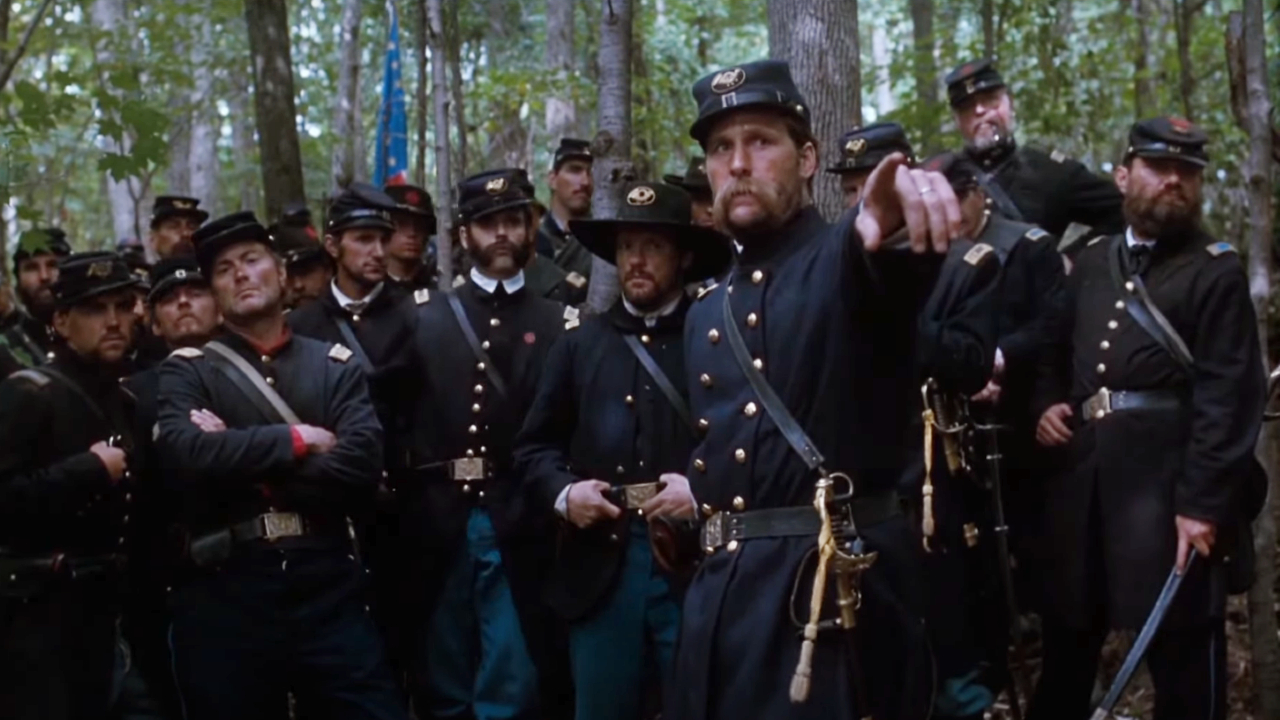
I Watched Gettysburg For The First Time After Visiting The Civil War Battlefield. Here's Why I'm Glad I Waited
By Philip Sledge Published
-

The Napoleon Dynamite Leads Are On A Live Tour And Headed For San Diego Comic-Con
By Mack Rawden Published
-
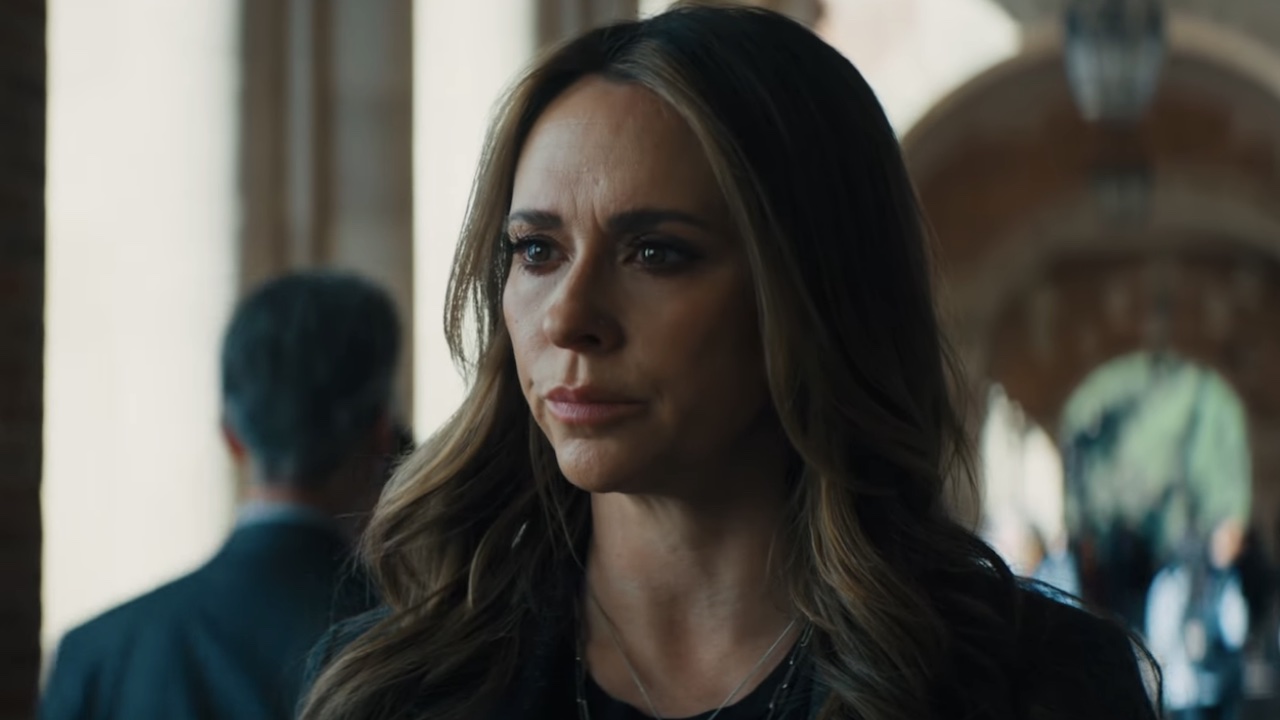
Jennifer Love Hewitt Got Real About What She 'Needed To Know' About Julie's Story Before Saying Yes To I Know What You Did Last Summer's Reboot
By Corey Chichizola Published
-
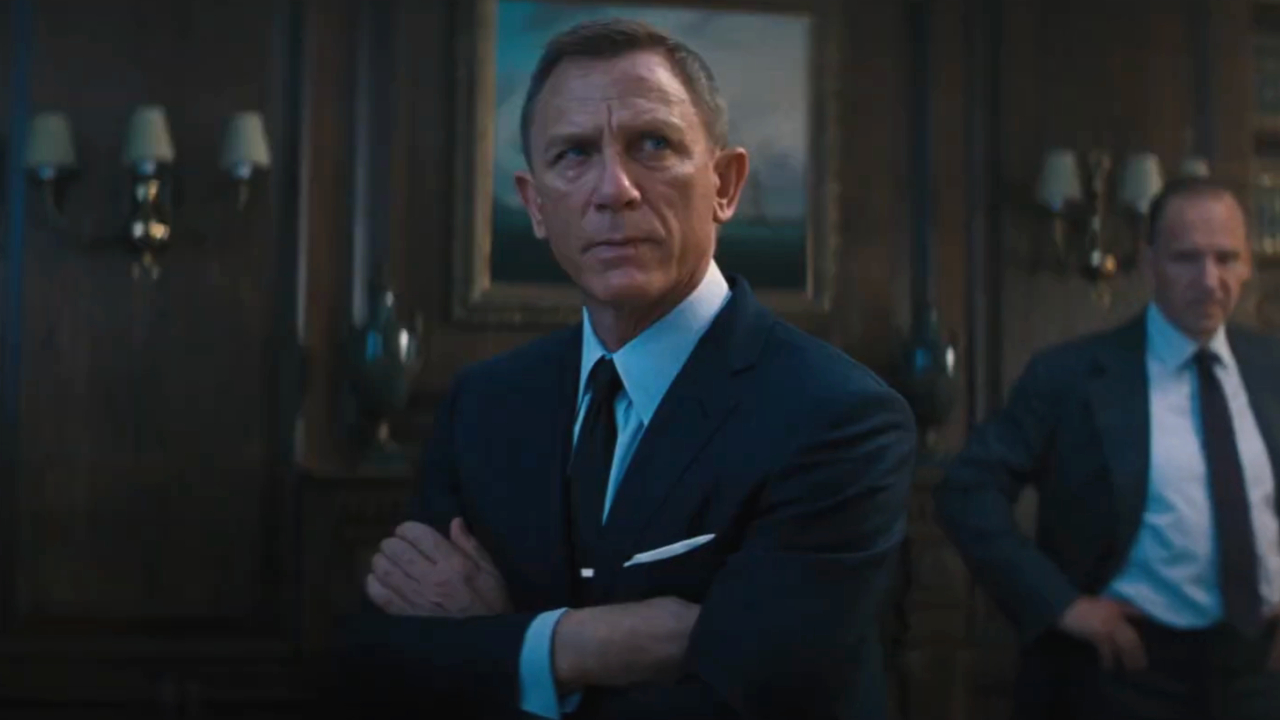
Former Bond Boss Barbara Broccoli Finally Responds To Denis Villeneuve Directing The Next 007 Movie
By Mike Reyes Published
-

Upcoming Movies In 2026: New Movie Release Dates
By Jason Wiese Last updated
-
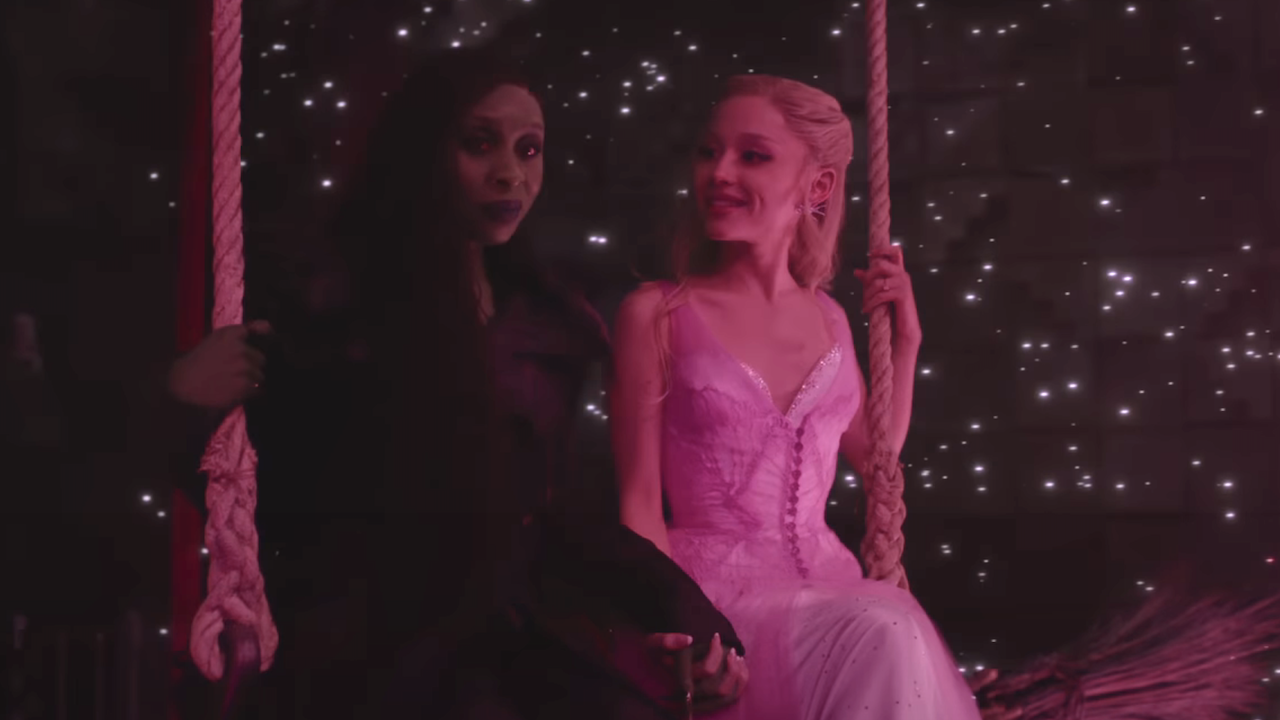
Upcoming Movies In 2025: New Movie Release Dates
By Jason Wiese Last updated
-
Explore Movies
Box Office
-
-

It Took More Than Half The Year, But Hollywood Finally Has Its First $1 Billion Hit In 2025
By Sarah El-Mahmoud Published
-
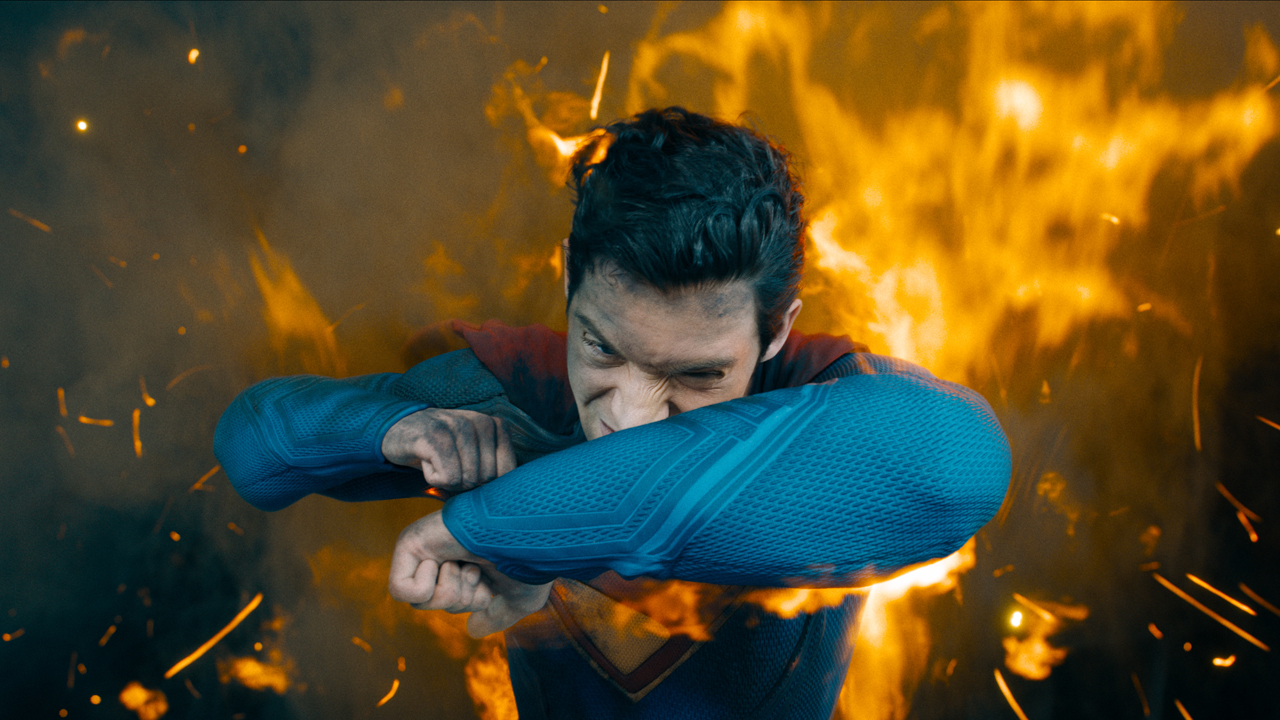
Superman Proves The Hero The DC Universe Needed, Gets The Franchise Off To A Huge Start At The Weekend Box Office
By Eric Eisenberg Published
-

Jurassic World: Rebirth Hits Number One But Doesn't Get Off To A Roaring Start At The Weekend Box Office By Franchise Standards
By Eric Eisenberg Published
-

F1 Races To First Place At The Weekend Box Office, Successfully Leaving M3GAN 2.0 In Its Dust
By Eric Eisenberg Published
-

How To Train Your Dragon Won The Weekend Box Office Again, But 28 Years Later And Elio Had A Surprising Battle For Second Place
By Eric Eisenberg Published
-
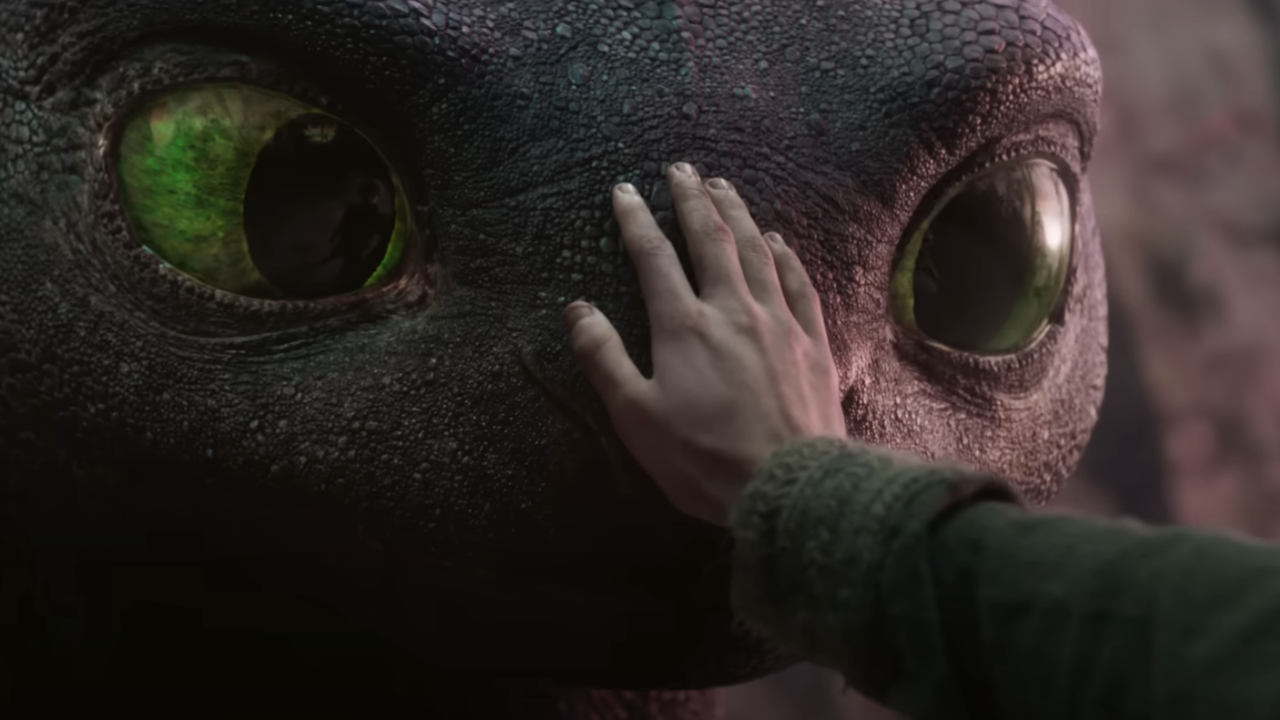
How To Train Your Dragon Smokes Lilo And Stitch In A Battle Of The Live-Action Remakes At The Weekend Box Office
By Eric Eisenberg Published
-

Lilo & Stitch Tops The Weekend Box Office Again As Ballerina Fails To Perform Up To High John Wick Standards
By Eric Eisenberg Published
-

Lilo And Stitch Dominates The Box Office Again As Karate Kid: Legends Can't Quite Keep Up With The Disney Movie Or Mission: Impossible
By Eric Eisenberg Published
-
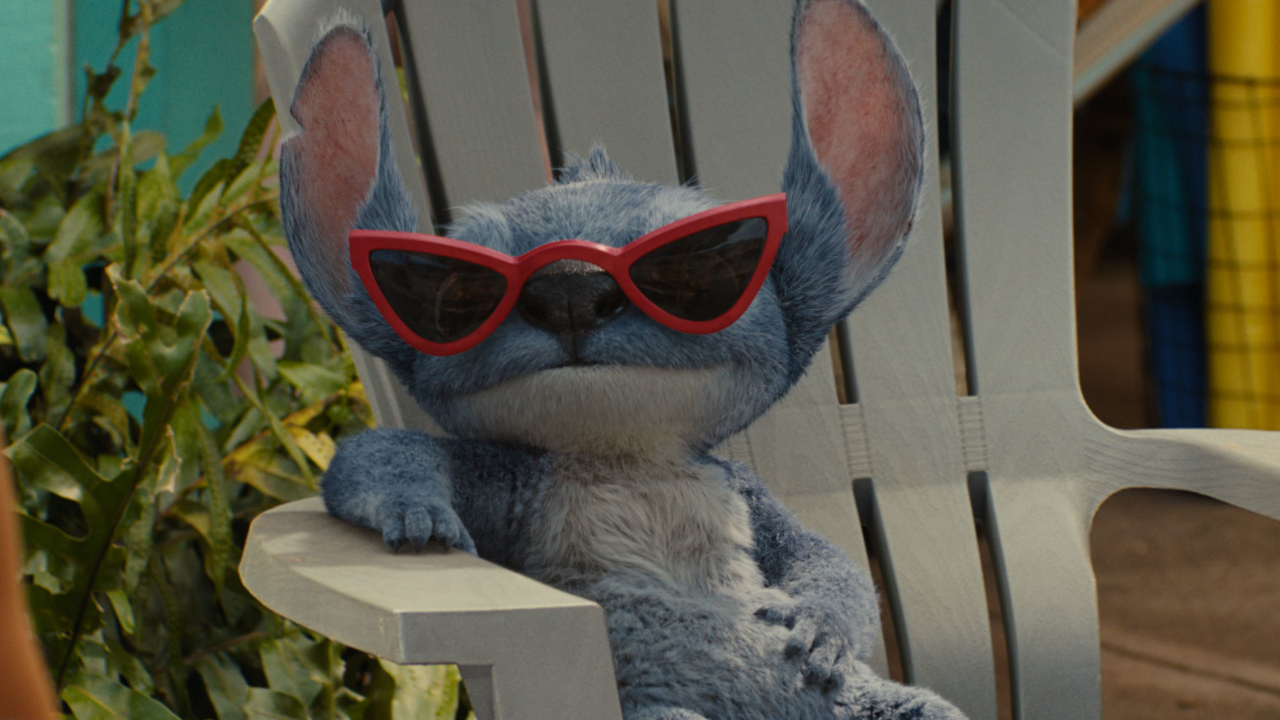
Lilo & Stitch And The New Mission: Impossible Clashed At The Box Office This Weekend, And There Was A Clear Winner
By Mack Rawden Last updated
-
Features
-
-
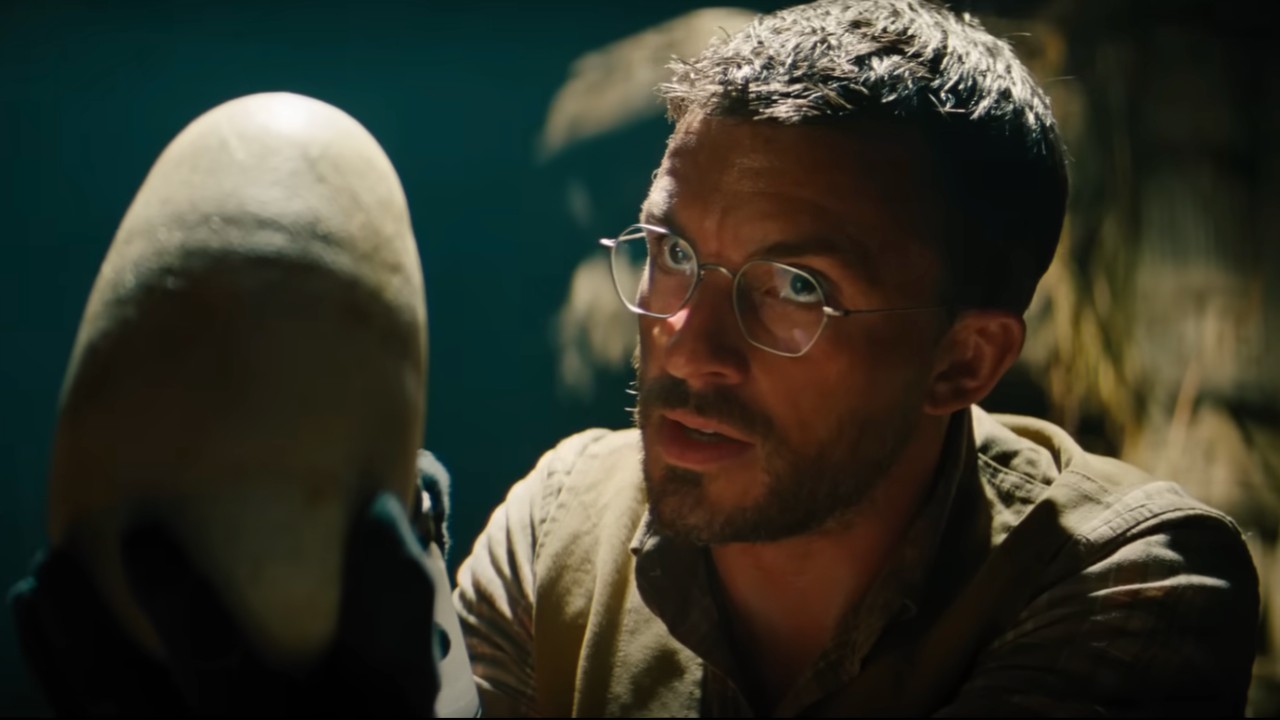
Between Wicked And Jurassic World, Has Jonathan Bailey Broken The Myth About Gay Movie Stars Not Being Bankable?
By Corey Chichizola Published
-
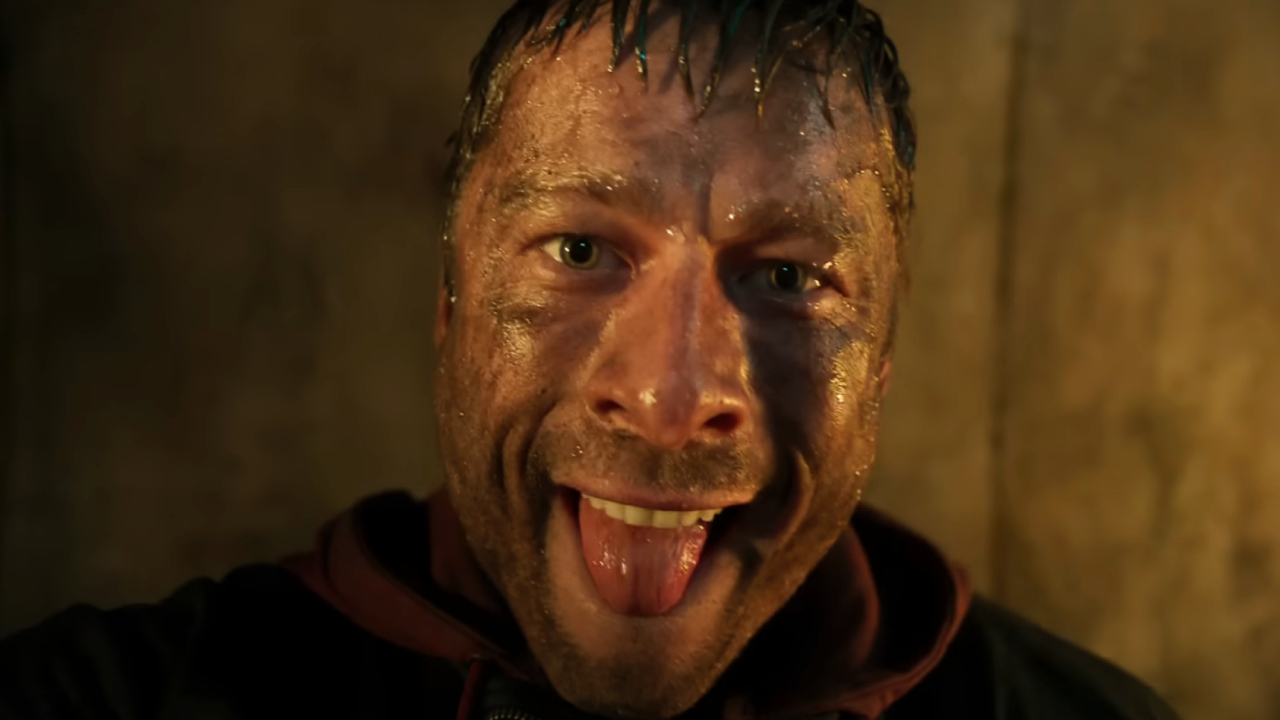
Upcoming Book-To-Screen Adaptations: What To Read Before The Movie Or TV Show
By Sarah El-Mahmoud Last updated
-

The Best Free Movies Online And Where To Watch Them
By Jason Wiese Last updated
-
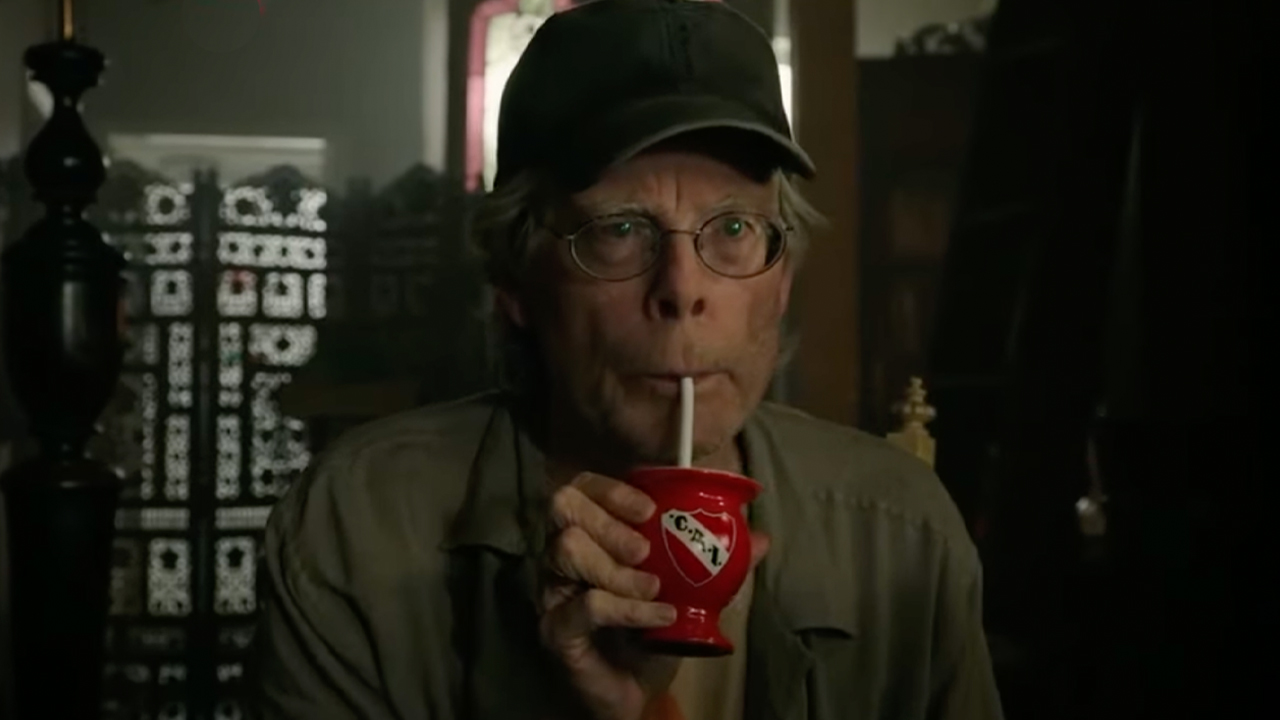
Upcoming Stephen King Movies, TV Miniseries And More
By Eric Eisenberg Last updated
-

John Wick Kill Count: All The Kills In All Of The Action Franchise’s Movies
By Eric Eisenberg Last updated
-
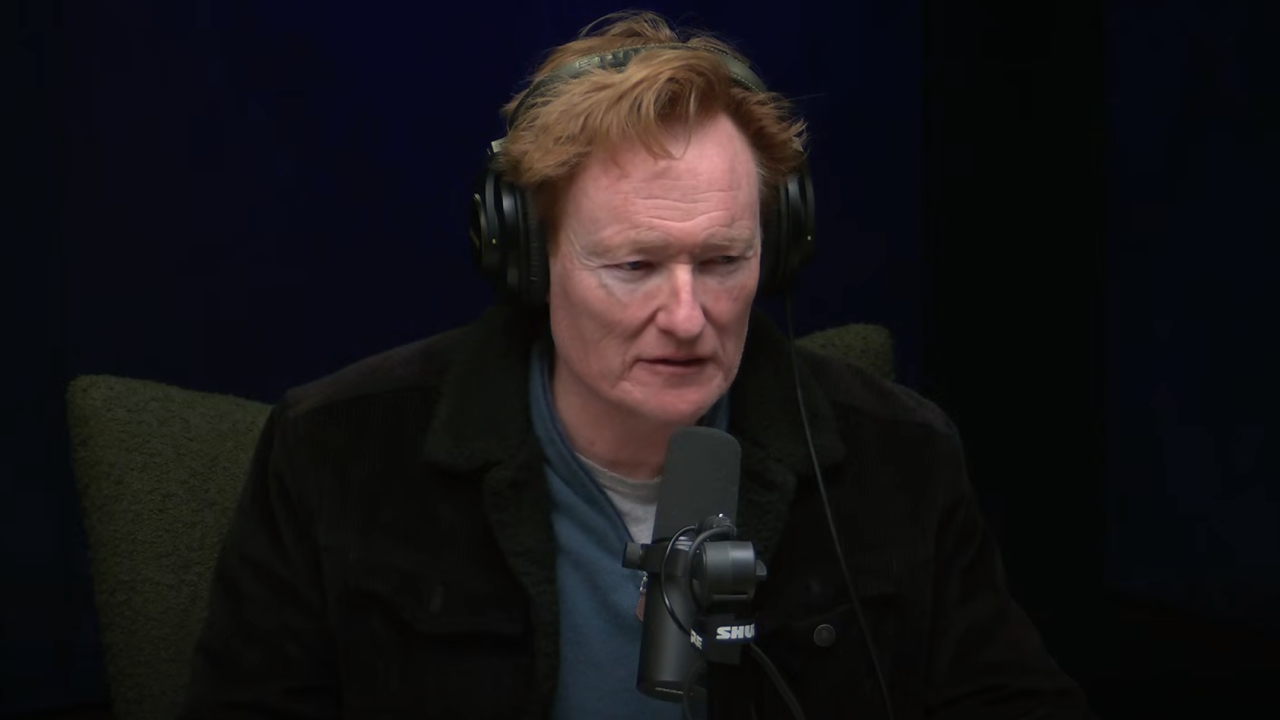
32 Of The Most Popular Podcasts Hosted By Hollywood Stars
By Maggie Sheck Published
-

Upcoming Star Wars Movies And TV Shows
By Eric Eisenberg Last updated
-
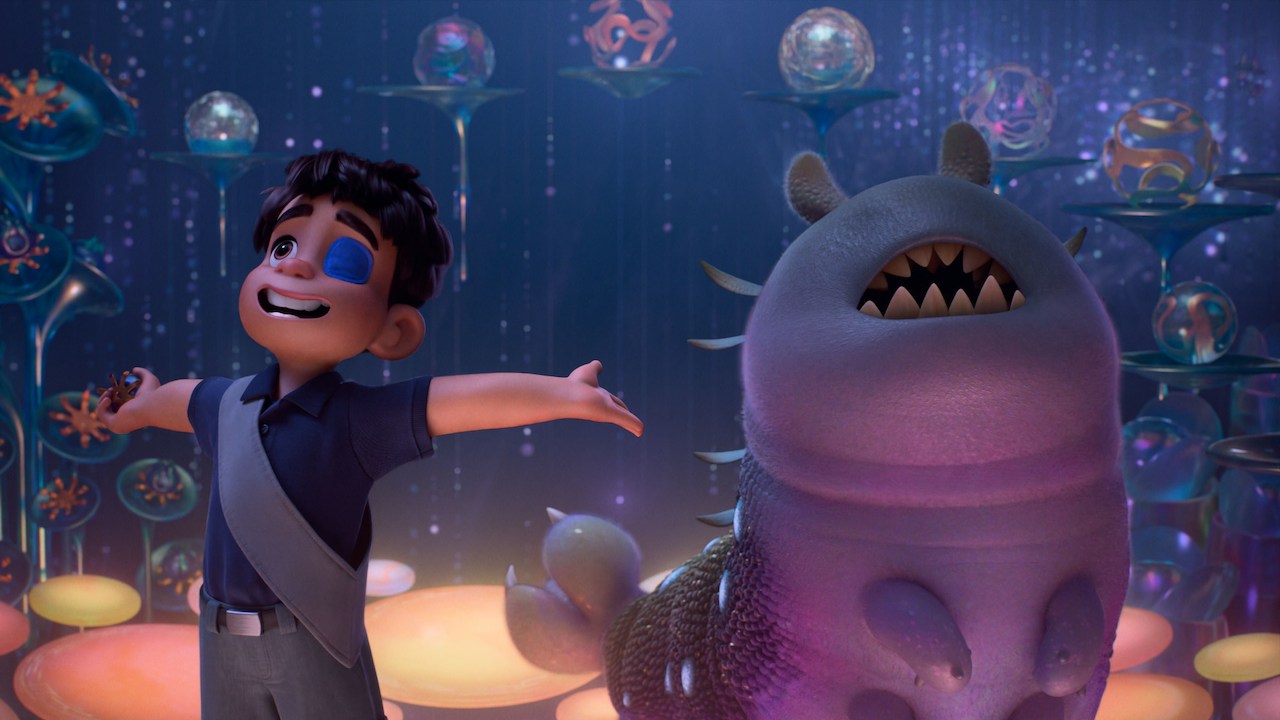
Every Pixar Movie, Ranked From Worst To Best, Including Elio
By Dirk Libbey Last updated
-
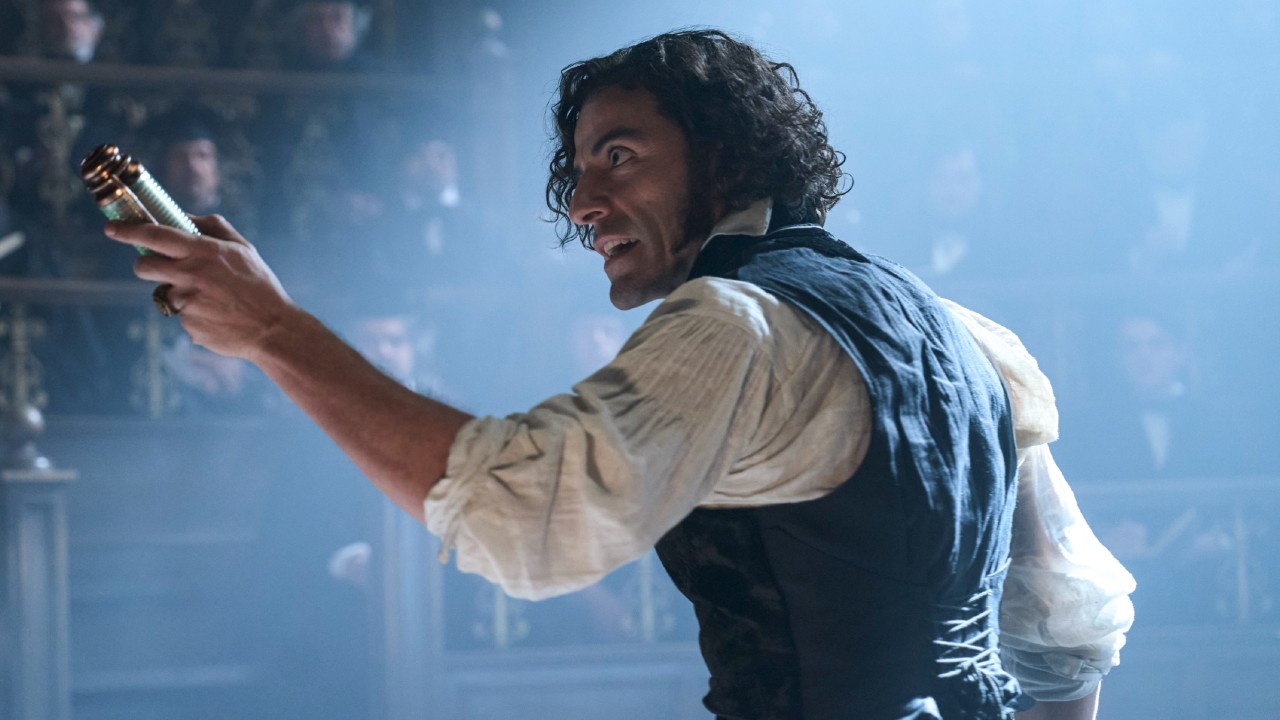
Upcoming Horror Movies: All The New Scary Movies Coming Out In 2025 And Beyond
By Sarah El-Mahmoud Last updated
-
More about Movies
-
-

Upcoming Movies In 2025: New Movie Release Dates
By Jason Wiese Last updated
-

‘I Smurf-ing Loathed It.’ Critics Have Seen Smurfs, And They Are Not Holding Back On This ‘Colossal Pile Of Smurf’
By Heidi Venable Published
-

Chris Hemsworth Was At The Limitless Premiere With His Wife And Kids, And They're Totally Mini Mes
By Corey Chichizola Published
-